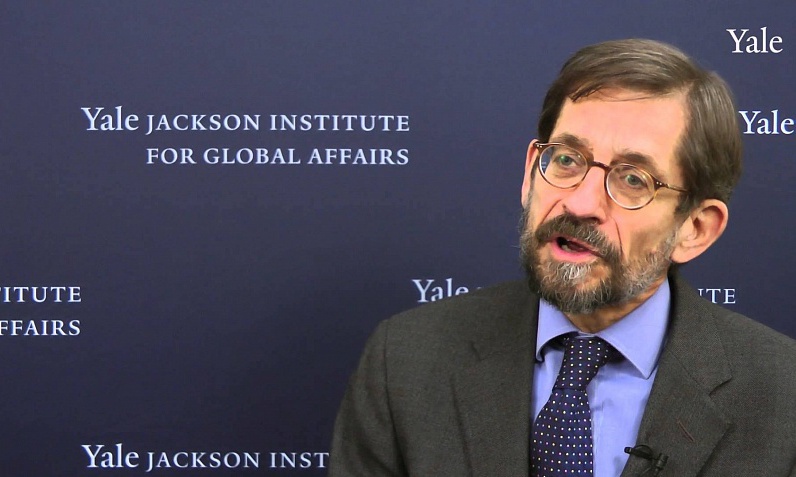
The "C5 + 1" collaboration plan can work for some time, but its result will be simple. Thomas Graham, who was the adviser of the former US President George W. Bush in Russia and Eurasia, director of Kissinger Associates, told this. This was reported by the "Eurasia Expert".
As stated by the American political scientist that "C5 + 1" is part of the US measures aimed at strengthening regional cooperation with Central Asia. According to him, the format is based on the opinion that the countries of the region are facing similar problems and that economic development benefits from the free movement of human flows, goods and information across state borders.
"The format will continue to exist for some time, but the results are likely to be modest. Central Asia at the moment is not one of the main priorities for the United States, " - mentioned Thomas Graham.
Before the visiting Nursultan Nazarbayev to the USA , Foreign Minister of Russian Sergey Lavrov shared his opinion that the "C5 + 1" project is aimed at breaking relations between Russia and the countries of Central Asia. However, according to the American political scientist, these fears are exaggerated - the USA supports the sovereignty of all Central Asian countries and wants to see these countries more integrated into the world economy.
"Although some forces in Washington might like to tear the region away from Moscow, the US does not invest any significant efforts in this." The Chinese activity in this region is much more dangerous for influence of Russia, despite all the talk about harmonization of the politicians of the Eurasian Economic Union and the initiatives "One Way - One Path". "The EAEC is actually a program of economic development based on protectionism, and the Chinese initiative is focused on economic integration in a large Eurasian region", - said Thomas Graham.
As stated by the American political scientist that the Central Asian states, especially Kazakhstan and Uzbekistan, would like to see the permanent presence of the USA in their region. This gives them more space for maneuver, as they are forced to deal with two neighbors , China and Russia, who have great powers.
"The US will not leave the region, because of its military operations in Afghanistan, but a significant increase in US activity in the region is highly unlikely because it is not on the list of US national security priorities", - noted Thomas Graham.
Recall, on January 16, the President of Kazakhstan, Nursultan Nazarbaev and the President of USA Donald Trump during the an official meeting declared their readiness to respond to common challenges in Central Asia through the use of regional cooperation formats, such as the "C5 + 1" dialogue.



















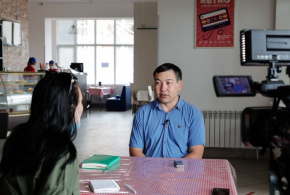 Social entrepreneur: It's not easy to get a grant for the development of social entrepreneurship
Social entrepreneur: It's not easy to get a grant for the development of social entrepreneurship
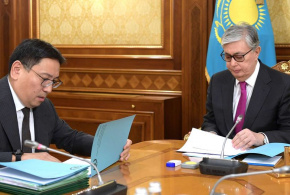 Tokayev received the chairman of the National Bank Yerbolat Dosayev
Tokayev received the chairman of the National Bank Yerbolat Dosayev
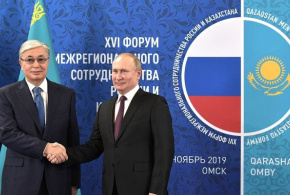 Tokayev and Putin signed a number of documents
Tokayev and Putin signed a number of documents
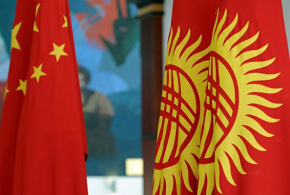 Kyrgyzstan included in the top 5 countries most indebted to China
Kyrgyzstan included in the top 5 countries most indebted to China
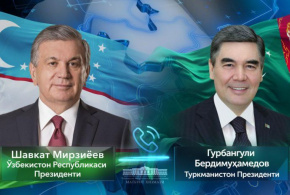 Mirziyoyev and Berdimuhamedov talked over the phone
Mirziyoyev and Berdimuhamedov talked over the phone
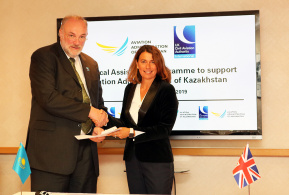 Aviation Administration of Kazakhstan and UK CAAi entered a contract on the technical support
Aviation Administration of Kazakhstan and UK CAAi entered a contract on the technical support